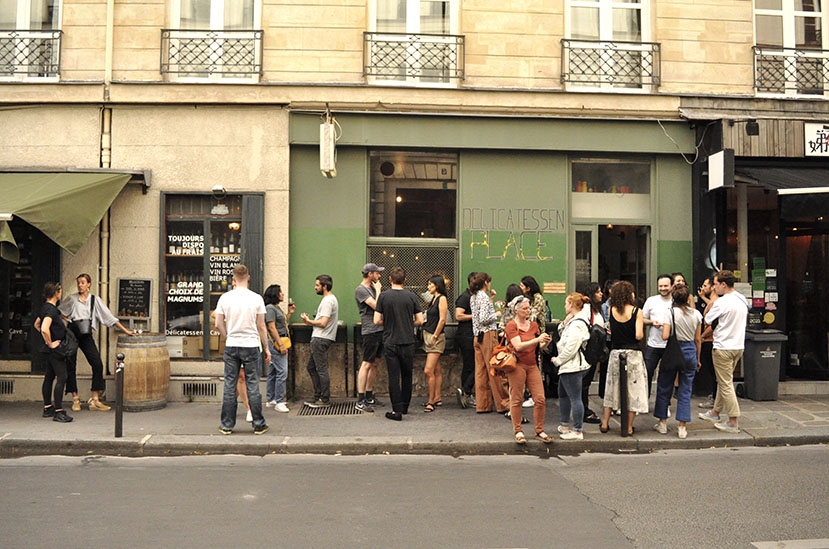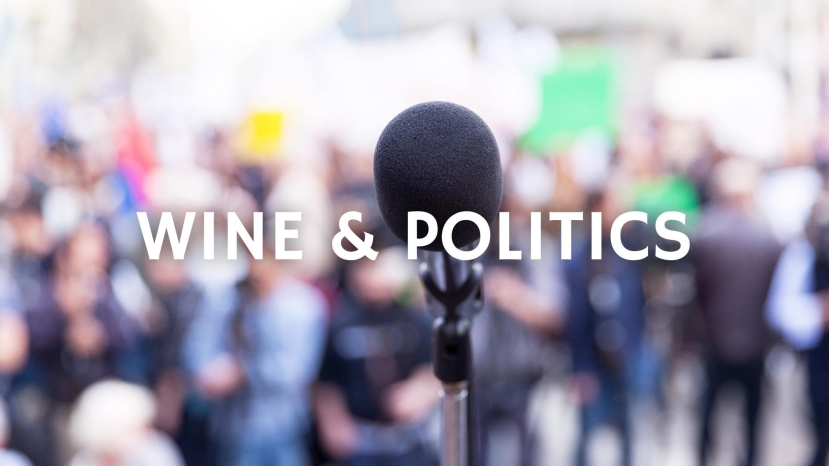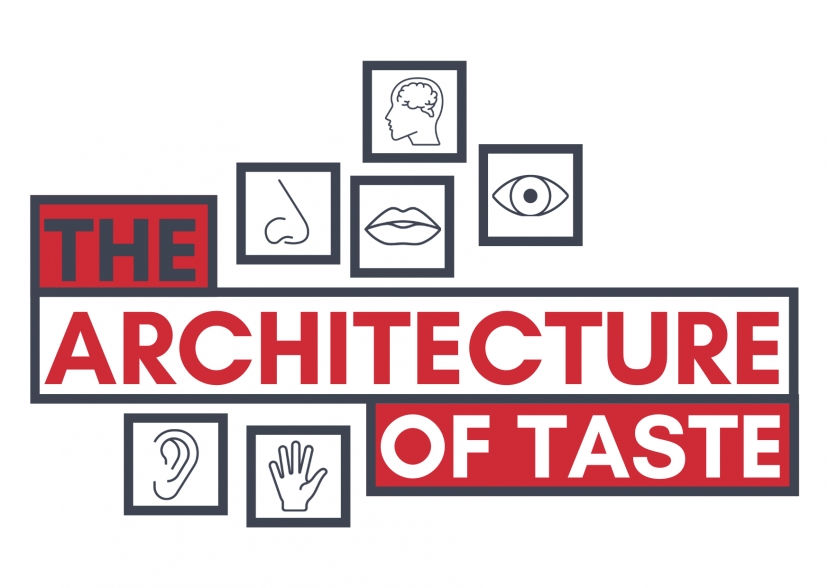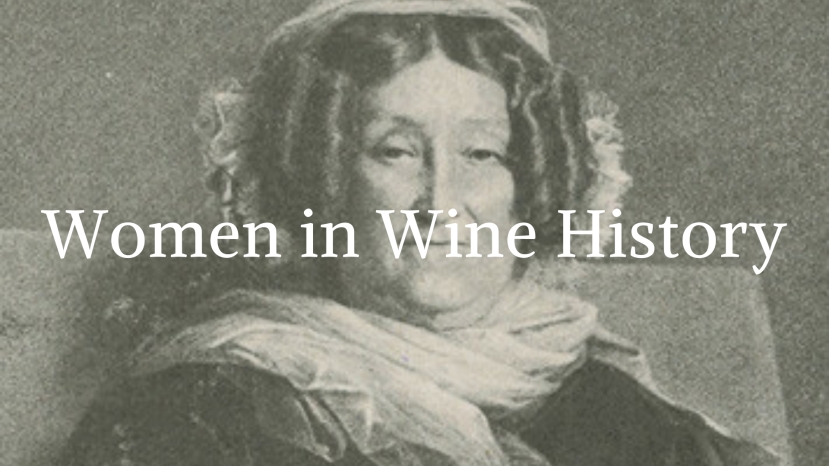BLOG
wine culture
Picture a wine student in an exam, glass in hand, working methodically through the grid: clarity, intensity, aroma, palate, structure. She's been trained to be objective, to leave her biases at the door, to divide the whole into its component parts: acidity, tannin, fruit, oak—and reassemble them into a neat summation. She might even get the ‘right’ answer, but has she actually tasted the wine?
This scene plays out in tasting rooms and wine schools around the world, every day. It's the foundation of modern wine education: systematic, analytical, replicable. And for certain purposes—building vocabulary, developing sensory memory, passing standardized exams—it works. It corresponds perfectly to the reductionist paradigm from which it springs. And yet, something essential is missing. Wine becomes an object to be decoded and dominated rather than an experience to be lived and moved by. The taster becomes a technician rather than a participant.
The term natural wine conjures a plethora of reactions. To some it symbolizes a cultural movement towards honest winemaking, to others it is merely a fad for funky wines. The term is as vague as it is vast.
There are some who believe natural should refer only to zero-zero wines (wines that have no added sulfites and apply a minimalist winemaking approach). However, the term is more generally understood as an umbrella status which encompasses any wine made with an attention to the ecosystem and biodiversity, low intervention vinification, and an authentic representation of terroir.
Sommeliers’ brains seem to fascinate scientists. Every few years, a new study pops up where somms are subjected to MRI scans whilst they blind taste and pontificate.
Summary:
Much as some wine lovers think that their drink is an escape from the real world, the wine industry - and what we drink - is intimately linked to political events and processes. This even extends to the grape varieties which are planted in much of the world. This webinar is going to explore the relationship of wine and politics and will end by examining the development of the South African wine industry as a case study of the field.
Presenter: Dr. Steve Charters
The Wine Scholar Guild (WSG) has initiated an ambitious undertaking aimed at developing a new way to assess wine: the Architecture of Taste Research Project (ATRP)
The Architecture of Taste Research Project aspires to find a way to empower the individual to taste and describe wine with an enriched and universal lexicon that not only dives deeper into assessing the qualities of a wine’s building blocks but also into the nature of a wine’s personality and, where relevant, its corresponding terroir signature.
Just as significantly, the research project aims to develop a new set of assessment criteria that uses the body’s own reflexive reactions as a tuning fork to capture a wine’s inherent signal—a message that incorporates not only sensory perceptions but also perceived energy, the emotions it triggers and evocative elements that, once again, might link a wine to “place.”
Summary:
Wine has, since its discovery in Neolithic times, been one of the most powerful tools at human disposal for alleviating physical and emotional suffering. It is no surprise that wine has also historically been one of the Western Civilization's most important trade commodities, a driving force of culture, politics, war, art, and spirituality. It is therefore only natural that gender politics would play a huge role






